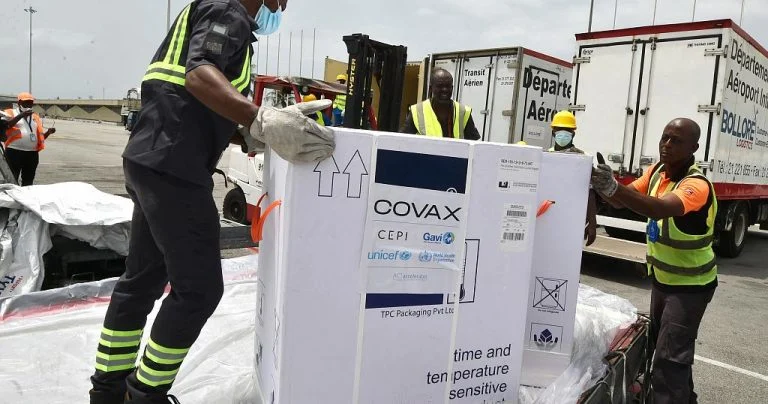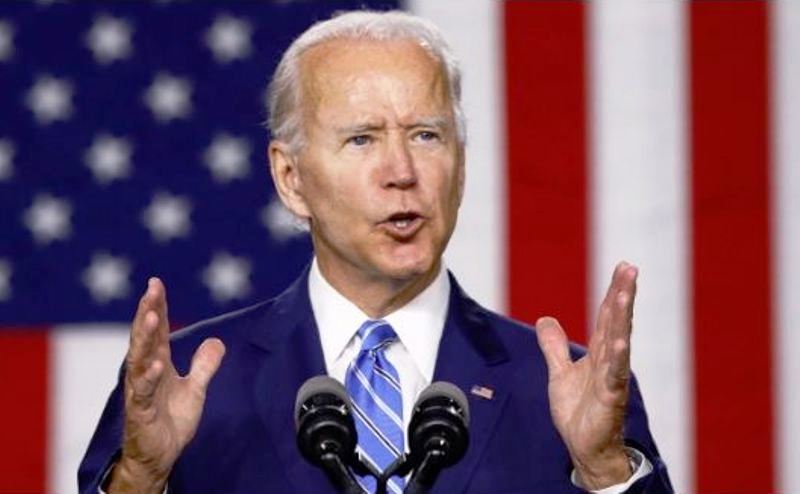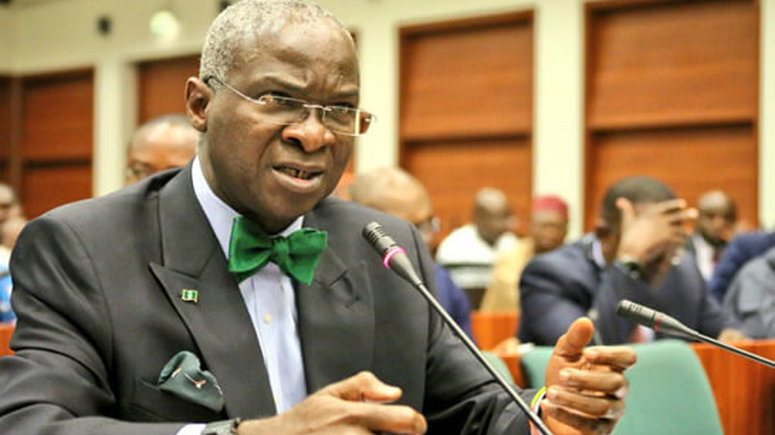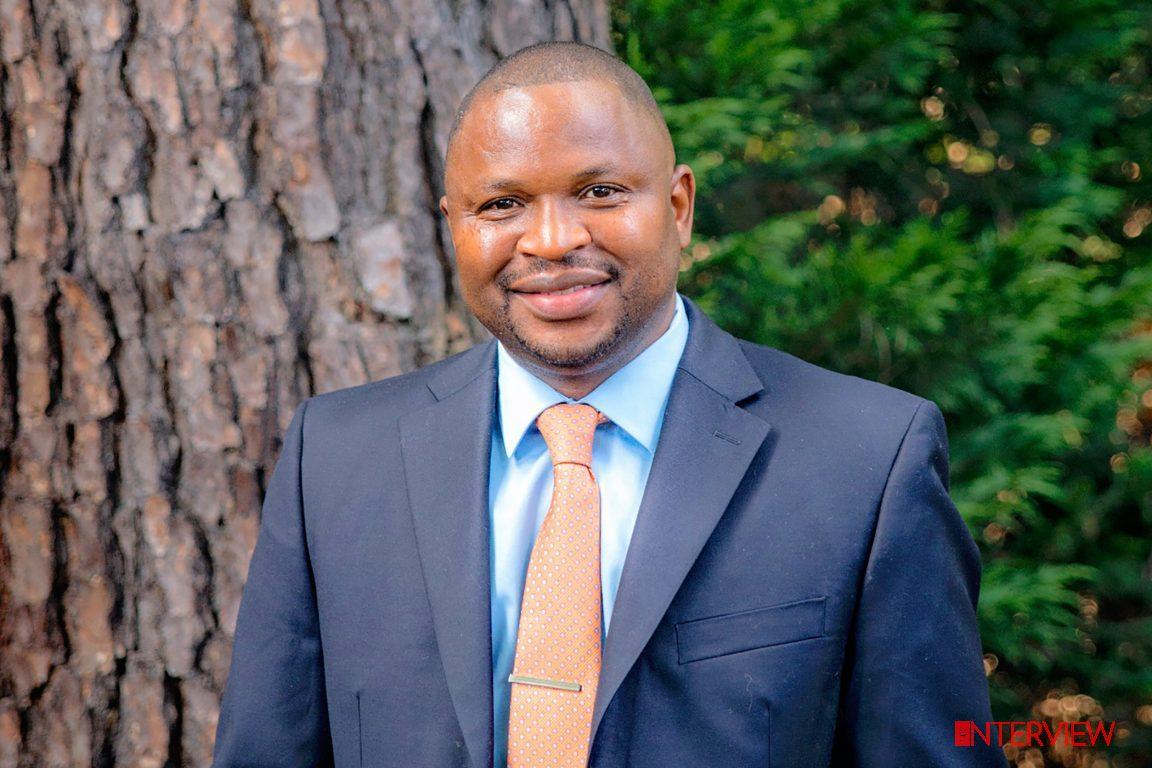I’ve stopped bothering to listen to or read Muhammadu Buhari’s speeches for quite a while now not only because I’ve given up on the regime he leads but also because he has some of the most inept speech writers Nigeria has ever had, particularly in the last two years.
But a portion of the speech a friend shared with me instigated me to read the entire speech.
The speech was, as usual, vacuous, insipid, poorly written, tediously mind-numbing, and filled with audaciously transparent lies. Nonetheless, even by the horrible standards of Buhari’s speeches, his October 1, 2021 Independence Day speech would go down in the records as perhaps one of the worst speeches by the leader of any country on an occasion that invites solemnity, contemplation and sobriety.
I have identified a few major parts of the speech that muddled basic history, turned logic on its head and outrightly lied.
In the very second paragraph of the speech, Buhari claimed, “Today should not only serve as a reminder of the day the British handed over the reins of power to Nigerians, but also unified Nigerians from all ethnic groups, religions and regions.”
Buhari’s claim that the British “unified Nigerians from all ethnic groups, religions and regions” is historically inaccurate. The British didn’t unify ethnic and religious groups in Nigeria; they exacerbated our differences and planted the seeds of disabling fissiparity that hold us back—all for their convenience.
The British cobbled together a disparate people, imposed artificial boundaries around them, called their new artificial space “Nigeria,” then divided and conquered them for the benefit of the British. Britain had not the wispiest interest in unifying “Nigerians from all ethnic groups, religions and regions.”
It’s absurd, but not surprising, that a post-independence Nigerian leader would make this sort of ahistorical claim in an Independence Day broadcast. It’s like the victim of a rape thanking her rapist for unifying her with her child.
But that’s self-pitying lamentation. A serious country would have worked to reverse the damage the British created and left behind.
But Nigeria’s post-independence leaders turned out to be thoughtless, self-loving epicureans with zero emotional investment in the country.
That explains why Buhari, who makes the most excessively pious noise about patriotism, is the most servile Anglophile Nigeria has had as a leader. After allocating billions in the national budget for Aso Rock clinic, he goes to London to treat even the most elementary ailment.
Plus, there has been no more divisive leader since Nigeria’s founding than Muhammadu Buhari. He has inspired almost every part of the country to demand a divorce from the British-born Nigerian union, which is consistent with what I’d warned would happen should he win a second term.
Even Buhari admitted this when he said, “the past eighteen months have been some of the most difficult periods in the history of Nigeria. Since the civil war, I doubt whether we have seen a period of more heightened challenges than what we have witnessed in this period.”
But he failed to concede what is responsible for this: his dreadfully infernal incompetence, his noticeable absence from leadership, and his unprecedentedly in-your-face bigotry.
In another preposterous moment in the speech, Buhari equated drugs with food and declared them as indistinguishable from each other. He said, “on our approach to food security, I am proud to announce Nigeria has commenced its journey to pharmaceutical independence.” Huh? What connects “food security” and “pharmaceutical independence”?
Well, he elaborates: “This journey, which will take years to achieve but will ultimately result in Nigerian based companies developing the Active Pharmaceutical substances and competence needed for us to make our own drugs and vaccines.” I know that’s a senseless run-on sentence, but let’s just focus on the substance of the speech.
The speech didn’t acknowledge the fact that most farmers in the country have abandoned farming because of ceaseless attacks by bandits and the increasing brazenness with which cattle destroy farm crops.
Many farmers no longer see any wisdom in farming because they might get kidnapped while farming or their entire crops might end up being used as pasture for cattle without any consequences.
But Buhari and his speech writers think enabling Nigerian pharmacists to make drugs and vaccines at home will quench the mass hunger in the land!
Buhari also hopes he doesn’t need to work to bring about peace, underscoring why the country is drenched in avoidable bloodbath. He said, “our hope is not to fight for peace. We can always settle our grievances peacefully without spilling any blood.” What kind of leader doesn’t want to fight for peace when the country he leads is beset by bloodstained violence everywhere?
Maybe his speech writers meant “our hope is that we don’t have to be violent to stem the tide of violence.” If so, why didn’t they say it that way? To fight for peace is to work toward bringing about peace—except the speech writers are being literal in their understanding of “fight,” which would be embarrassing for a presidential speech.
In any case, the regime has consistently used violence to tamp down legitimate expressions of dissent in the form of peaceful protests.
As recently as September 28, that is, three days before Buhari’s speech, eight unarmed members of the Islamic Movement of Nigeria were murdered and 57 of them arrested by Nigerian security forces for merely holding a procession in Abuja that caused a snarl-up.
Hundreds of them were similarly murdered in Kaduna in 2015. That’s literally “fighting” for peace.
In the speech, Buhari repeated the bromide that “Nigeria is for all of us. Its unity is not negotiable.”
That sterile cliché should have been thrown to the rhetorical refuse dump by now. “Unity” that is non-negotiable isn’t unity. It’s slavery. And it won’t endure. Unity comes from harmony and, as Steve Goodier reminds us, “We don’t get harmony when everybody sings the same note. Only notes that are different can harmonise. The same is true with people.”
Any unity that is non-negotiable is worthless and unworthy of anyone’s commitment. Threatening to “take decisive actions against secessionist agitators and their sponsors,” which basically means visiting violence on them as the regime has been doing, contradicts the earlier hope that the regime won’t “fight for peace,” however this strange phrase is understood.
Secessionist agitations don’t emerge out of thin air. They are activated by grievances, a profound sense of alienation, loss of faith in the promises of the country, systemic exclusion from the orbit of governance, etc. State-sanctioned violence won’t stop it.
Sanctimonious appeals to patriotism won’t, either. What would attenuate it is deliberateness in instituting justice, fair play, inclusion, and equity.
You can’t smack a child repeatedly and insist that silence in the house is non-negotiable, that crying is an offence that will be punished with more smacking. That’s both cruel and clueless.
Buhari took escapism to an undreamed-of height when he claimed that in spite of glaring evidence to the contrary, “our food production capacity has increased.”
In which alternate universe do Buhari and his incompetent speech writers dwell? They certainly don’t live in everyday Nigeria.
Buhari and his speech writers conceded that “food prices have been going up” but attributed this “to artificial shortages created by middlemen who have been buying and hoarding these essential commodities for profiteering.”
Ha! Buhari has been blaming “middlemen” for the poverty and misery his boneheaded policies inflict on Nigeria since his first coming as a military dictator in the 1980s. He hasn’t stopped. He won’t stop.
Finally, he lied that he suspended Twitter in Nigeria because it was “misused” as “the platform to organise, coordinate, and execute criminal activities, propagate fake news, and promote ethnic and religious sentiments [sic].”
No, he banned it precisely because it deleted his tweet that it said violated its terms and conditions, which he agreed to abide by when he signed up to use it.
Twitter’s action hurt his brittle ego and he decided to precipitously suspend it, which has cost Nigeria billions of naira in lost revenue. It has cost Twitter exactly zero in revenue loss.
If any proof is needed that the next few years of Buhari’s leadership would be worse than the past few years he has vandalised what remained of Nigeria, the Independence Day Speech provided it.








